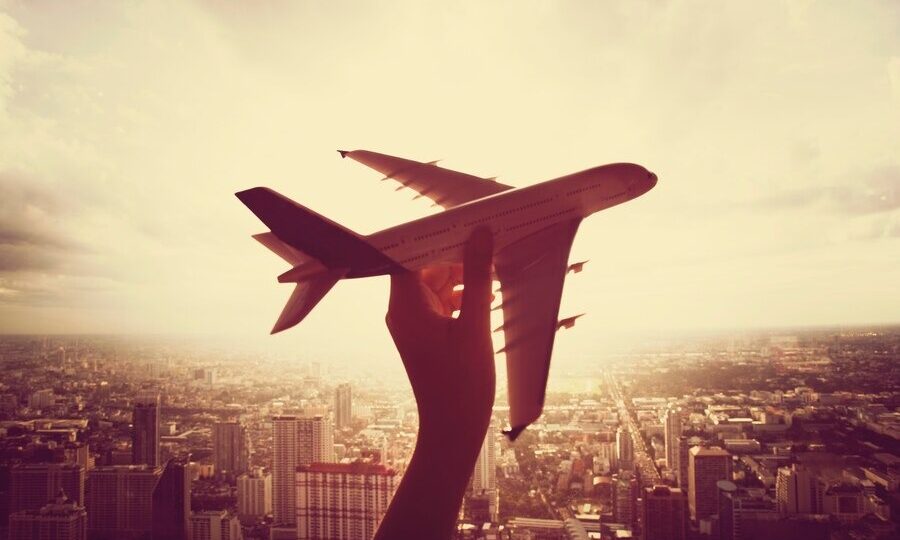Thriving in Hospitality Industry: Career Options
Introduction: The hospitality industry is a dynamic and rapidly growing sector that offers a wealth of opportunities for those with the right training and skills. Avlon Shiksha Niketan, One of the Best Hospitality Management Institute in Kolkata is renowned for its comprehensive hospitality management program, which equips students with the knowledge and experience necessary to.



